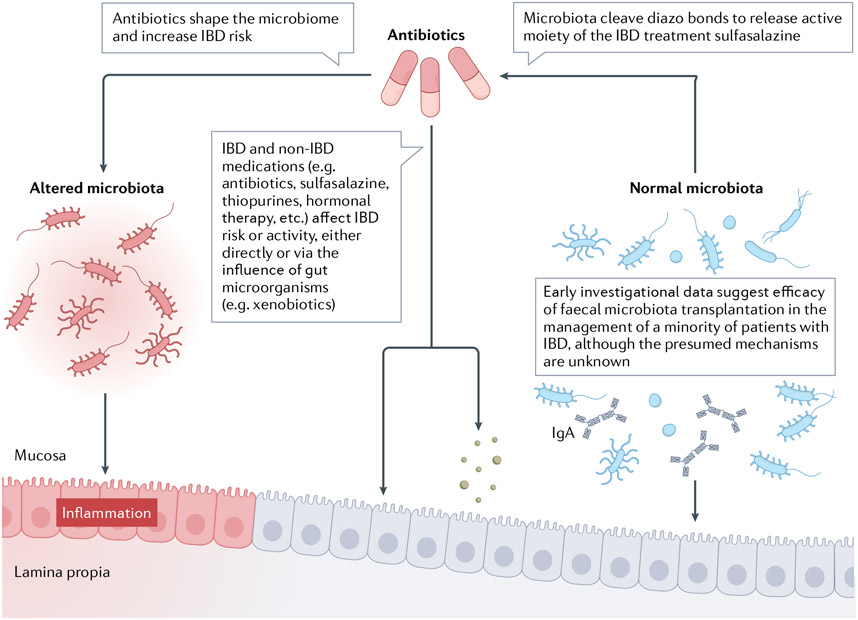Fig. 3 ∣. Influence of the gut microbiota on inflammatory bowel disease activity.
Antibiotics shape the microbiota and increase the risk of inflammatory bowel disease (IBD)150-158,161. Normal microbiota constituents cleave sulfa-diazo bonds to release the active moiety of the IBD treatment sulfasalazine186,187. IBD and non-IBD medications (for example, antibiotics, sulfasalazine, thiopurines, hormonal therapy, etc.) affect IBD risk or activity, either directly or with the influence of gut microorganisms (for example, xenobiotics)150-158,161,175-180,183,184,186-190,240-242. Early investigational data suggest efficacy for crude faecal microbiota transplantation in IBD management, although the precise mechanism is unknown191,193,243. The original version of this figure was created with BioRender.com.

